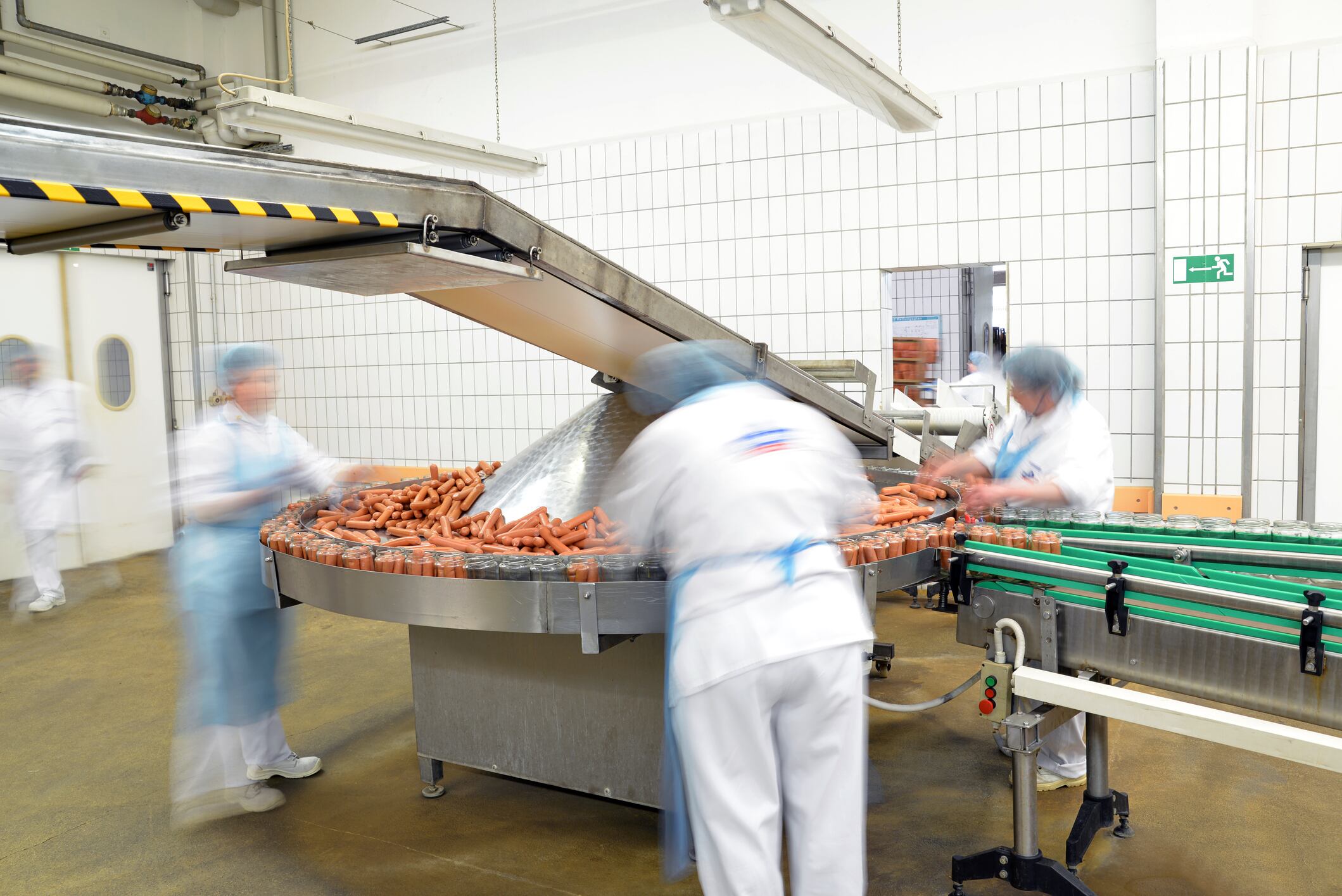A report from FAIRR, a global investor network supported by institutional investors managing assets of over $20 trillion, warned of COVID-19’s lasting impact on the meat industry.
FAIRR’s research, called ‘An Industry Infected’, cautioned investors that the meat industry will be subject to increased scrutiny and regulation, likely to include new biosecurity protocols to mitigate disease outbreaks. These involve biosecurity training and safety, extra surveillance practices, and proactive approaches to disease such as vaccinating animals and workers. Many of these protocols are incompatible with models such as CAFOs or factory farms given the pronounced risk of cross contamination, the report said.
Global meat giants such as Brazil’s JBS and Venky’s in India, both suppliers to high-street names such as McDonalds, were among 44 firms criticised by the investor network for their ‘inability to prevent the emergence of new zoonotic diseases’.
In the wake of the enormous economic and human health shocks caused by COVID-19, FAIRR found that 73% of the world’s largest, listed animal protein producers (collectively worth over $220 billion) scored as “high risk” in its ‘Pandemic Ranking’.
Their poor performance across a set of seven criteria that are vital to preventing future zoonotic pandemics - including worker safety, food safety, deforestation and biodiversity management, animal welfare and antibiotic stewardship - demonstrated that “intensive animal production is at serious risk of creating and spreading a future pandemic”, said FAIRR.
The report noted that at the end of May the share prices of four of the largest meat processors in the US (JBS, Smithfield, Tyson and Sanderson Farms) were down 25%, versus the market at 9%. A forecast has predicted financial losses to the US cattle industry of more than $13 billion, and the head of commodities at Goldman Sachs has listed livestock alongside oil as one of the two most precarious commodities for investors next year.
Meat plant closures also led to the head of US meat giant Tyson Foods warning in a Washington Post advertisement that the “food chain is breaking.”
Jeremy Coller, Founder of FAIRR and CIO of Coller Capital said: “Factory farming is both vulnerable to pandemics, and guilty of creating them. It’s a self-sabotaging cycle that destroys value and risks lives.
“To avoid causing the next pandemic, the meat industry must tackle lax safety standards for food and workers alike, closely confined animals and overused antibiotics. This will disrupt a supply chain already cracking from fundamental land, water and emissions constraints.”
“The meat industry’s “food chain” was breaking long before it took an ad in the Washington Post about it. COVID is one of the straws that is breaking the meat industry’s back.”
‘Confusing and alarmist propaganda’
BMPA Chief Executive Nick Allen told FoodNavigator the report was an alarmist piece of anti-meat industry propaganda.
"In a poor attempt to disguise itself as research the FAIRR report has been written with the objective of producing anti meat production propaganda,” he said. “It deliberately sets out to conflate a number of issues in a confusing manner to try and alarm investors. It is not really worth spending time unravelling the way they have approached this report as it is merely a straightforward piece of propaganda written with a preconceived objective.‘’





